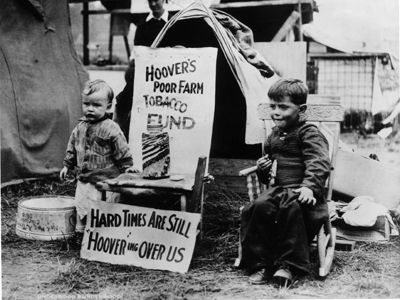
Denmark is famous for being the "happiest country in the world." Its stereotype is that of a semi-socialist paradise where healthcare is free, students are paid by the government to go to college, and the national pastime is cuddling in front of a roaring fire with a glass of red wine and a good book. In 2017, Denmark was bumped from the top spot in the World Happiness Report by neighboring Norway, but Danes have ranked No. 1 in happiness for three of the past five years.
Nordic countries have ruled the world happiness rankings since the first World Happiness Report came out in 2012, and this year is no different. All five Nordic countries (Denmark, Finland, Iceland, Norway and Sweden) ranked in the top 10 based on six key criteria: freedom, generosity, health, social support, income and trustworthy governance. Even though GDP is higher in the United States than all Nordic countries, Americans are still only the 14th happiest people on the planet.
Advertisement
So why exactly are those LEGO-playing, pastry-eating Danes winning the happiness race? We reached out to Helen Russell, author of The Year of Living Danishly: Uncovering the Secrets of the World's Happiest Country, to get the scoop from a lifelong Londoner who moved to Denmark five years ago and fell unexpectedly for its stoic, comfort-loving culture. Here are Russell's five reasons why Danes are happier than you.



